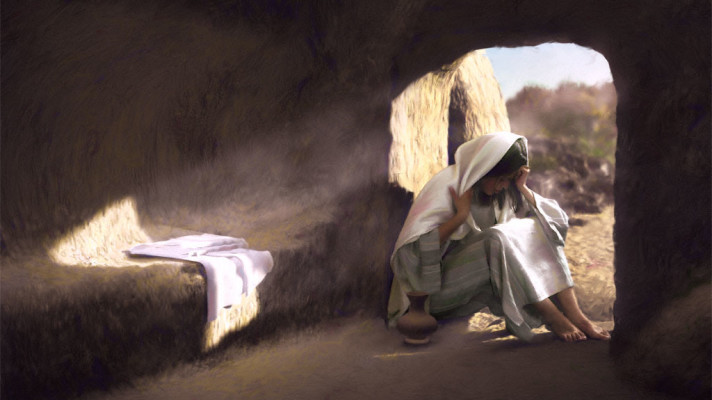Joseph said to his brothers, "Please come near to me." So they came near. Then he said: "I am Joseph your brother, whom you sold into Egypt. But now, do not therefore be grieved or angry with yourselves because you sold me here; for God sent me before you to preserve life. (Genesis 45:4-5, NKJV)
Joseph’s father, Jacob, favoured him over his many brothers. Their jealousy deepened after his father made him a special coat. Joseph not only flaunted the coat, but also shared his prophetic dreams to his brothers, that they would become subservient to him. Their reaction was over the top, as they thought to kill Joseph. They did relent some, throwing him into a pit instead. Subsequently they sold him into slavery and Joseph became a slave in Egypt. There, his master cast Joseph into prison after his wife falsely accused him of sexual assault.
Jospeh was forsaken by family, forced into slavery, falsely accused, and abandoned in the bowels of a dingy prison. Bitterness and anger could have been a pit that swallowed him, but instead Joseph made God’s love his citadel. After more than a dozen years of abuse and neglect, Joseph still persisted in his fidelity to God. And in miraculous fashion God delivers him from the dungeon, placing him in high position in Pharaoh’s court.
Joseph providently is reunited to his brethren, where His tears gushed, as did his forgiveness. This some 22 years after being sold into slavery. Joseph reframed the past in light of God’s grace. The brothers meant ill towards him. God used it for good. Joseph was now in a position, during a severe famine, to deliver his people and bless the Egyptians.
From this we can learn much on true forgiveness. It is not about forgetting past wrongs done to us but reframing them in a constructive way. God is a great economist and doesn’t waste even our dark experiences. Through them we are matured and better equipped to bless others. Forgiveness is letting go of the wrongs we suffered and letting God “work all things together for good” (Romans 8:28).
There is another important point in this Scripture. Joseph tells his brothers not to be “grieved or angry with yourselves”. If you have wronged any you can humbly go before God and receive his forgiveness (1 John 1:9). You can seek forgiveness from the one you wronged, if possible. But you can also forgive yourself, be not “grieved or angry with yourselves”. Are you greater than God? Of course not! If he forgives you, who are you to not forgive others in turn. Even if that person should be yourself.
When Jacob died the brothers became concerned that Joseph’s forgiveness had an expiry date. They begged him for renewed forgiveness, believing his prior forgiveness was for the sake of their father, who now had died (Genesis 50:15-17). This must have grieved Joseph, as they failed to embrace his word and heart.
When God forgives us in Christ, we are truly forgiven. Embrace that and don't look for an expiry date.
Used by permission of SermonView




